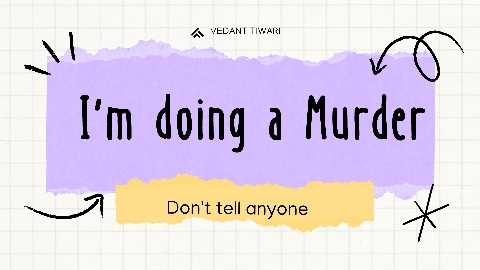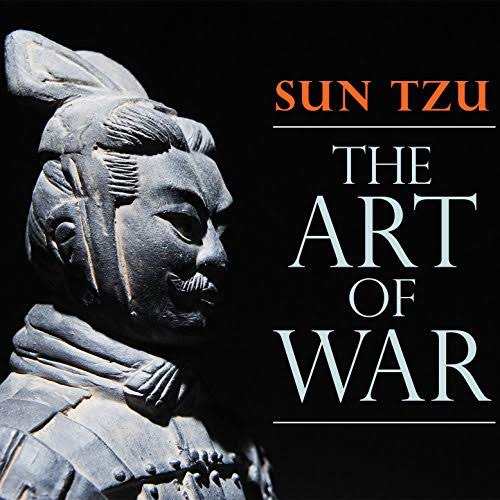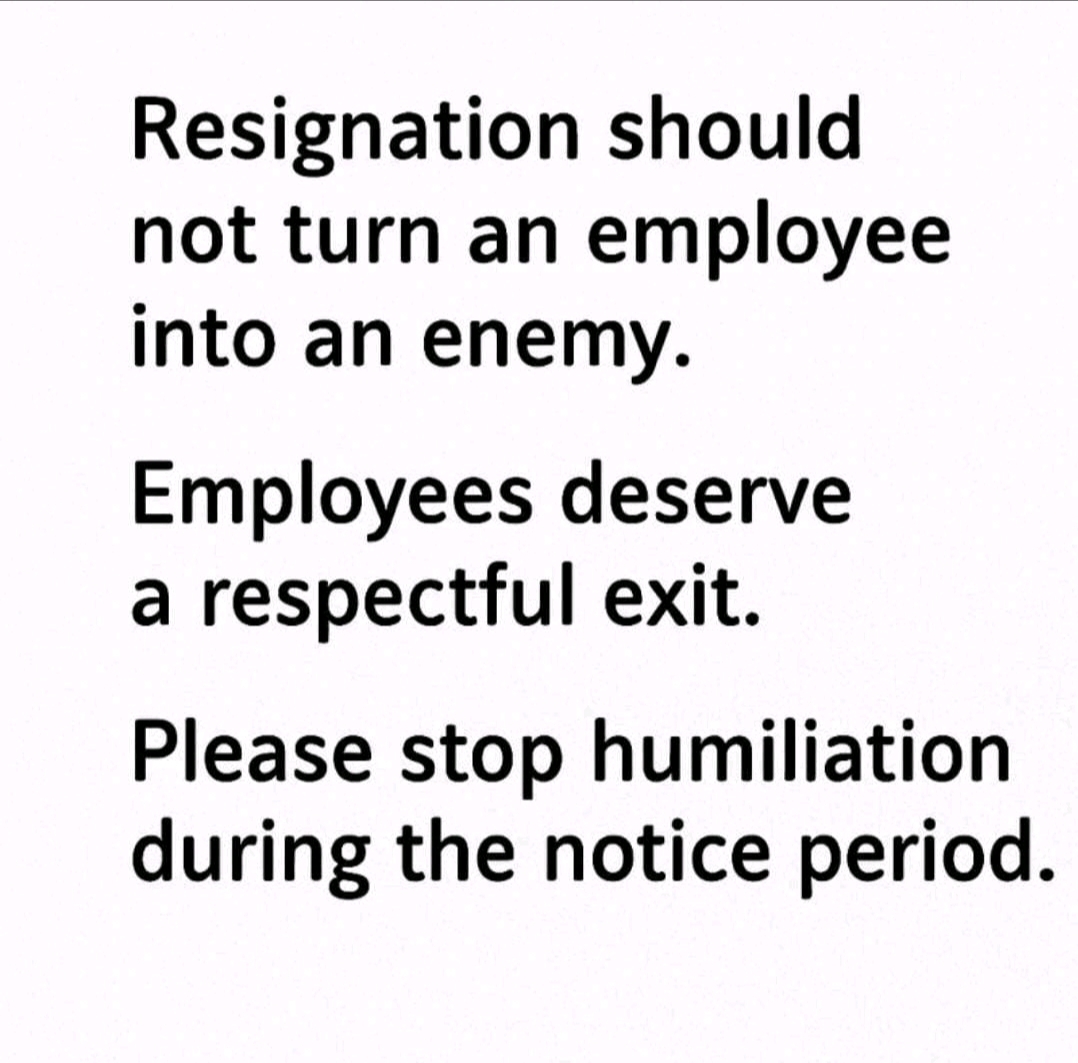Back
SHIV DIXIT
CHAIRMAN - BITEX IND... • 1y
24. Positioning and Timing: The ability to choose the right moment to act is critical. Sometimes waiting for the right opportunity can determine success or failure in battle. 25. Employ the Use of Alliances: Collaborating with allies strengthens your position and divides the enemy’s focus and resources. 26. Control Emotions: Leaders must remain calm and collected. Decisions made in anger or haste can lead to disaster. 27. Be Unpredictable: Predictability can be exploited by the enemy. Vary your tactics and movements to keep them uncertain. 28. Economy of Force: Don’t engage in unnecessary battles or expend more energy than needed. Conserve your strength for critical moments. 29. Victory Comes from Planning and Secrecy: A well-devised plan, kept secret from the enemy, is essential to outmaneuver and surprise your opponent. 30. Understanding Weak and Strong Points: Directly engage weaker points of the enemy while avoiding their strongholds. Force the enemy to fight on your terms. 31. Use of Distraction: Distract and confuse the enemy with false targets, causing them to divide their forces or misallocate resources. 32. Avoid Stagnation: Being too static or predictable in your tactics allows the enemy to plan counterattacks. Stay fluid and constantly evolve your strategies. 33. Moral Influence: A commander must be a model of integrity and inspire loyalty and dedication in their troops to maintain morale and discipline. 34. Avoid Fighting When Victory is Uncertain: Only engage in battle when you have a clear advantage. Avoid unnecessary risks when outcomes are doubtful. 35. Understand the Dynamics of Strength and Weakness: What appears strong can be weak, and what seems weak can be strong. Perception is key in assessing your enemy. 36. Disrupt the Enemy’s Plans: Don’t wait for the enemy to fully execute their strategy. Interrupt or preempt their plans to weaken their efforts. 37. The Role of Deception in Diplomacy: Not only in battle, but in negotiations, the element of deception plays a role. Appear weak when you are strong and strong when you are weak. 38. Water Metaphor – Flow and Adaptation: Sun Tzu likens military tactics to water, which flows and adapts to its environment. Strategy should be flexible and adjust to circumstances like water finds its way through different terrains. 39. Conceal Your Intentions: Make your real intentions obscure and misleading to the enemy. This prevents them from preparing an adequate defense. 40. Cultivate Wisdom and Insight: A successful general must be wise and insightful, able to foresee the enemy’s moves and make decisions based on deep understanding. 41. Harmony and Coordination: Coordination among troops and divisions is essential. Harmony in action ensures that every part of your forces works towards the same goal efficiently.
More like this
Recommendations from Medial
Vedant Tiwari
Founder of VedspaceA... • 1y
I'm going to Kill my Enemy, My biggest Enemy.... That fucking MF, I'm going to kill my biggest Enemy by the time span of 2 months. That holds be back, I can't do anything because of Him. That holds my business back, I'm not able to sell anything
See More

Anonymous
Hey I am on Medial • 2y
Any cricket fans in the house? How is India managing to look like such a weak team in their home conditions? What has really happened in the last few years? Looks to me the politics in cricket has increased manifold and it’s affecting performance on
See MoreDownload the medial app to read full posts, comements and news.














/entrackr/media/post_attachments/wp-content/uploads/2021/08/Accel-1.jpg)



















